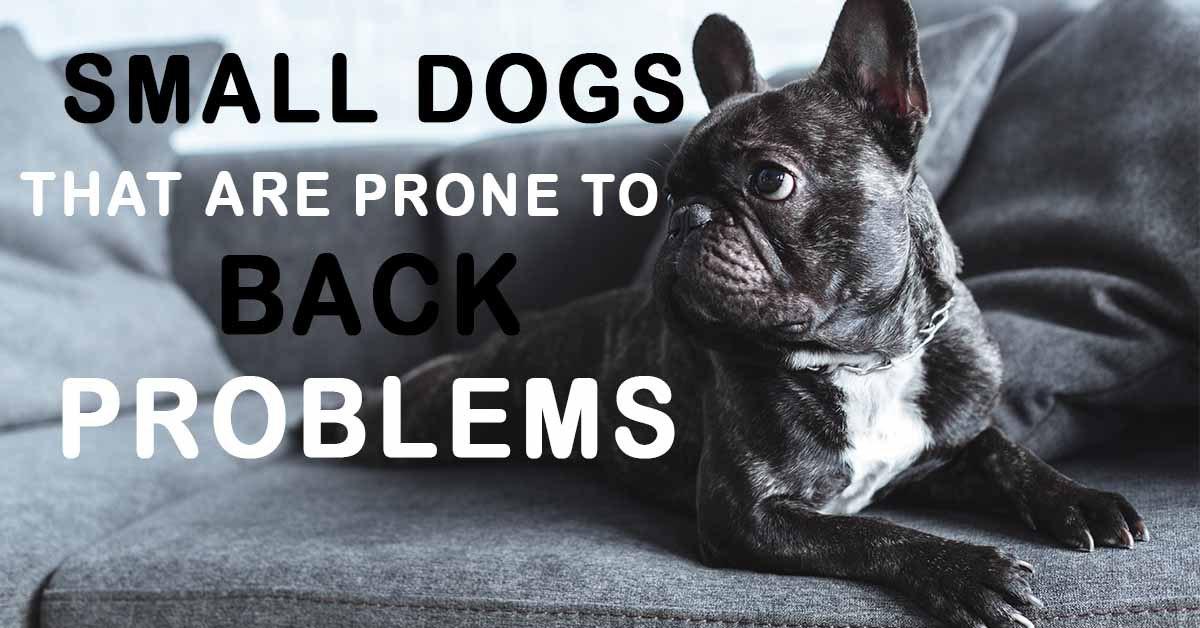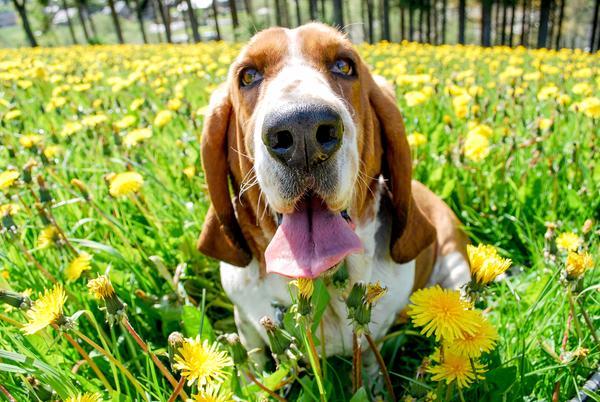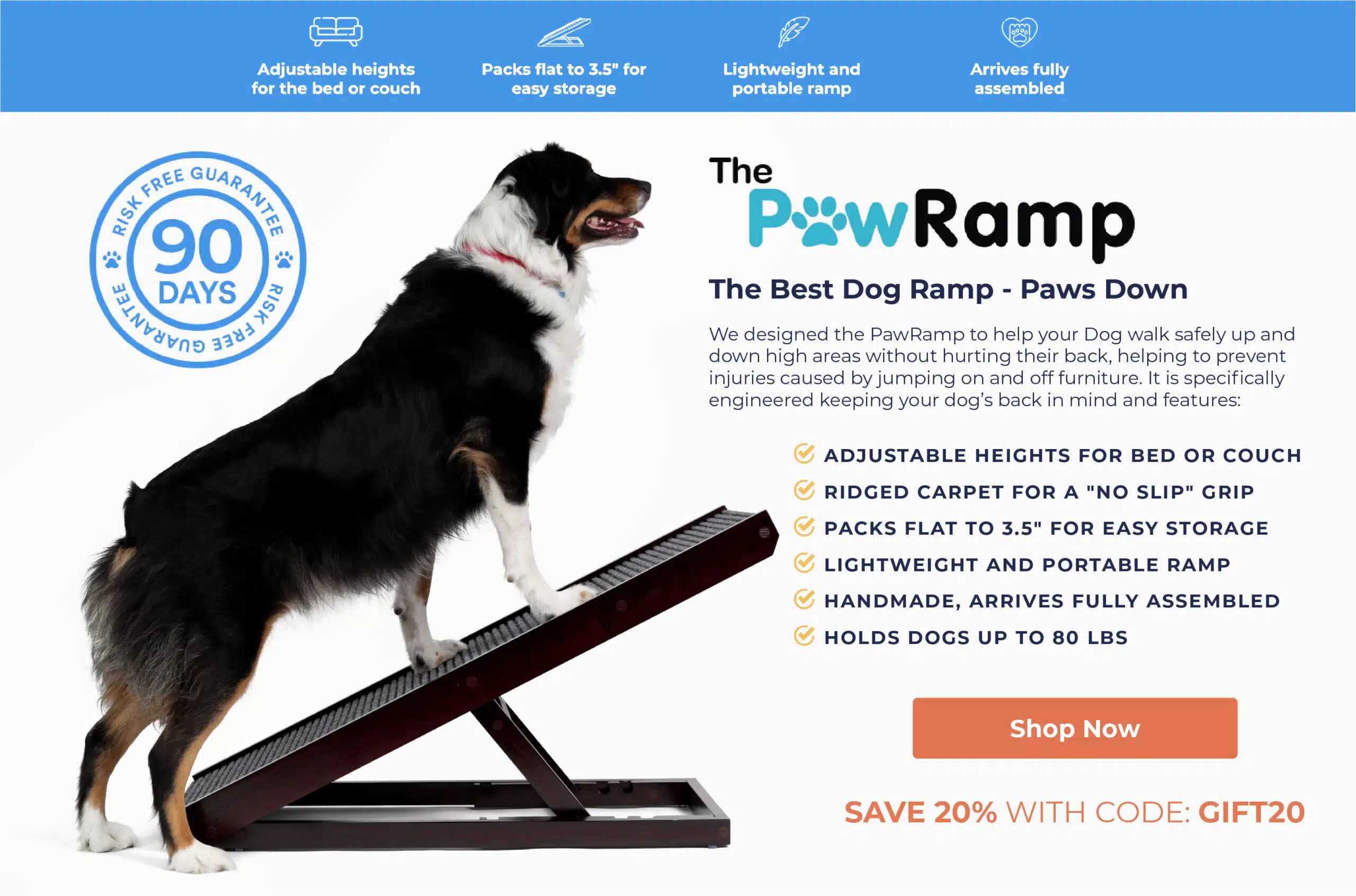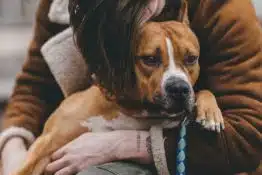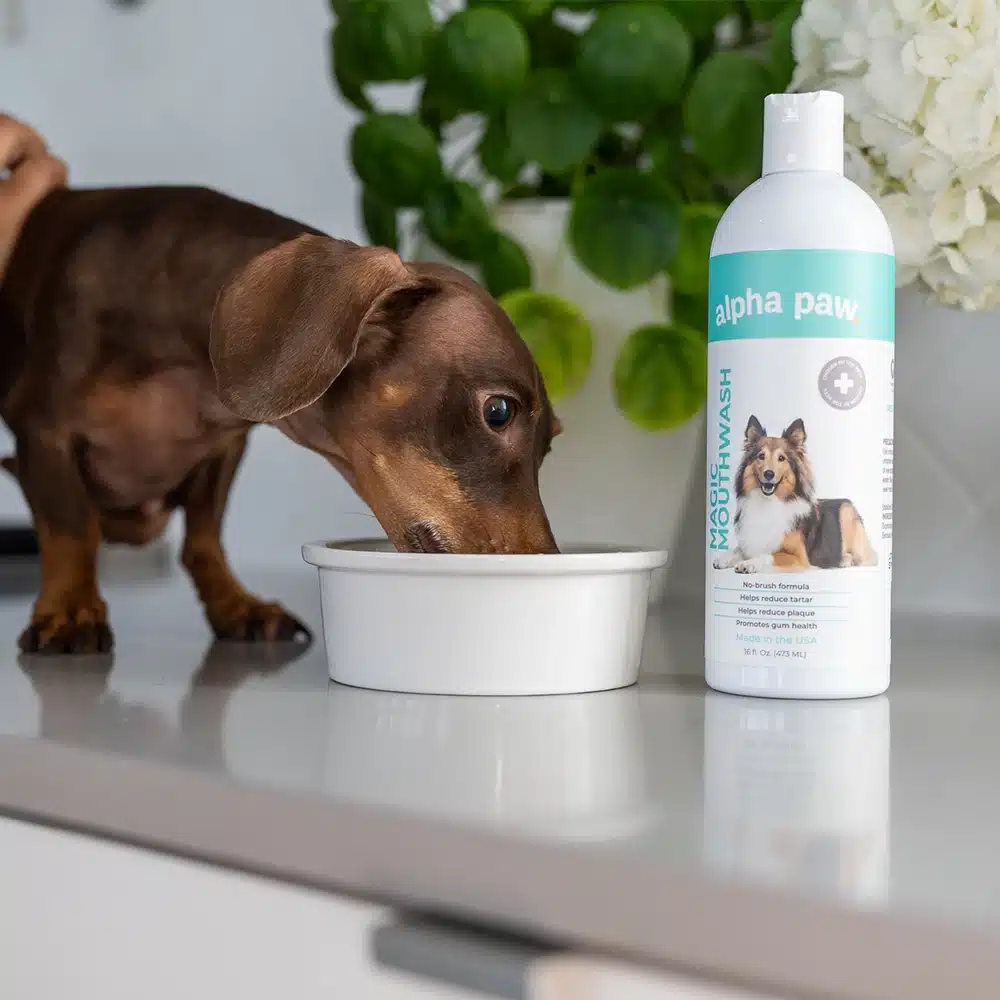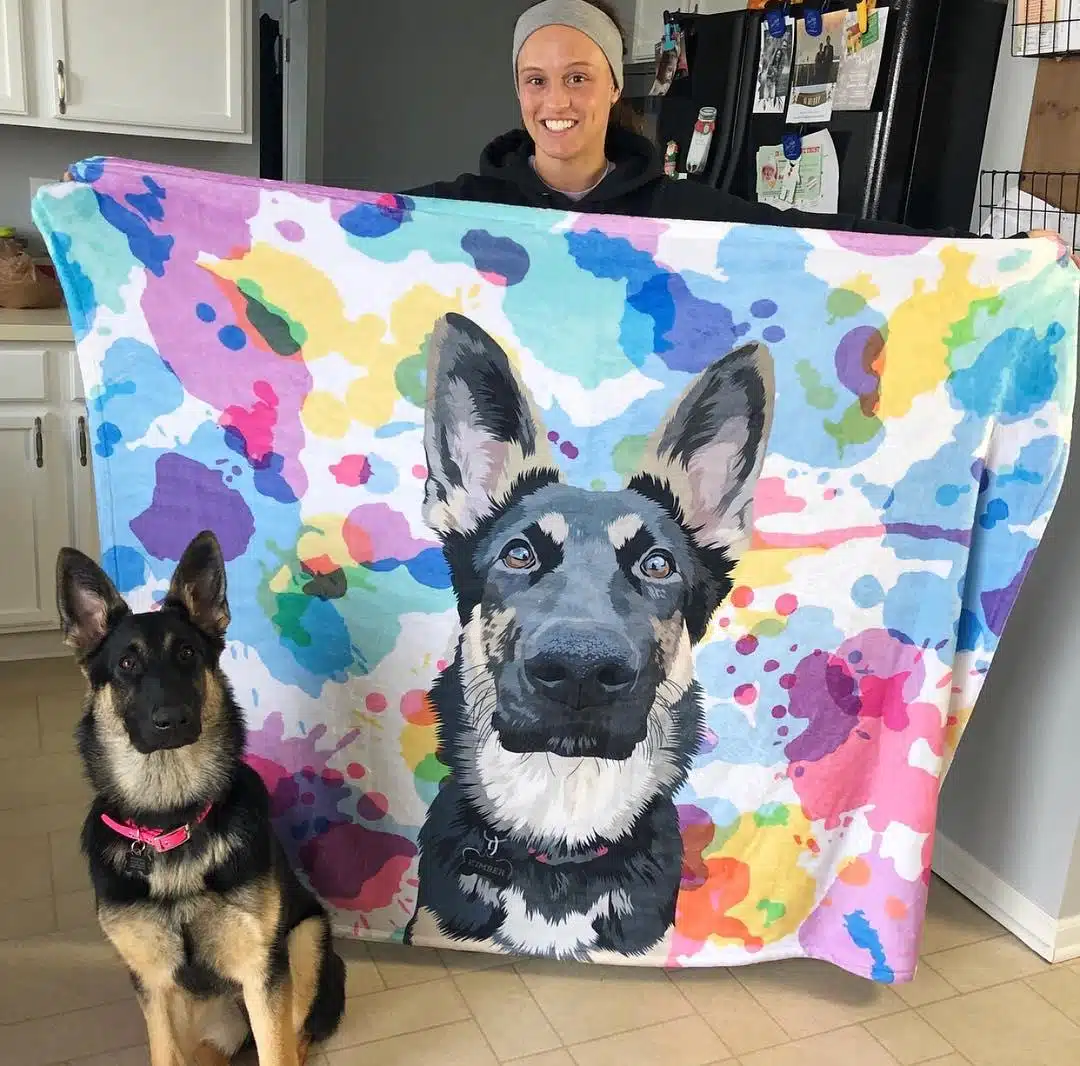Is Your Small Dog At Risk?
Did you know there are small dogs that are prone to back problems? Humans are not the only ones that can suffer from back issues in their lifetime. Back problems are common in dogs as well! A disease that is very common among small dogs is called Intervertebral Disk Disease (IVDD). This occurs when discs in the dog’s spine deteriorate, collapse, bulge out, rupture, herniate or become displaced.
A List of Small Dogs That Are Prone To Back Problems
Here is a list of breeds that are known for being especially prone to back issues and IVDD. It’s important to know the early signs because, at its most severe stages, it can potentially lead to complete paralysis. Educating yourself on this issue, talking about it with your vet, and taking proper precautions at home can help avoid this altogether, slow down the process, and ease discomfort.
#1. Dachshunds
#2. Bulldogs
#3. French Bulldogs
#4. Corgis
#5. Pugs
#6. Basset Hounds
#7. Pekingese
#8. Shih Tzus
#9. Beagles
#10. Cavalier King Charles Spaniels
Prevention is key!
Dachshunds, a breed in which 19-24% are diagnosed with IVDD, are at the top of the list due to their short legs and long bodies. Talk to your vet about exercises that are easy on the joints, provide your dog a healthy diet to maintain a proper weight, and limit activities at home that could strain on your dog’s hips and back such as jumping on and off furniture. Using a Dog Ramp could be helpful in preventing this.
80% of Dogs Develop Arthritis or Joint Pain by 7 Years old – Here’s How to Protect Them
Most of us train our dogs when they are puppies to jump up on furniture. We think it’s harmless (and easier than always lifting them), but for dogs, couches and beds are very high compared to the size of their bodies.
Every time they jump it compresses their back and applies enormous force to their joints.
It’s no wonder that an incredible 80% of dogs experience arthritis or joint pain by only 7 years old.
Luckily, there is a vet-recommended solution.
It’s the PawRamp by Alpha Paw. An adjustable ramp that allows dogs to safely get on and off couches and beds. PawRamp makes joining you in bed or on the couch effortless and fun.
As a bonus, you can use code SAVE35 to get $35 off the PawRamp today.

